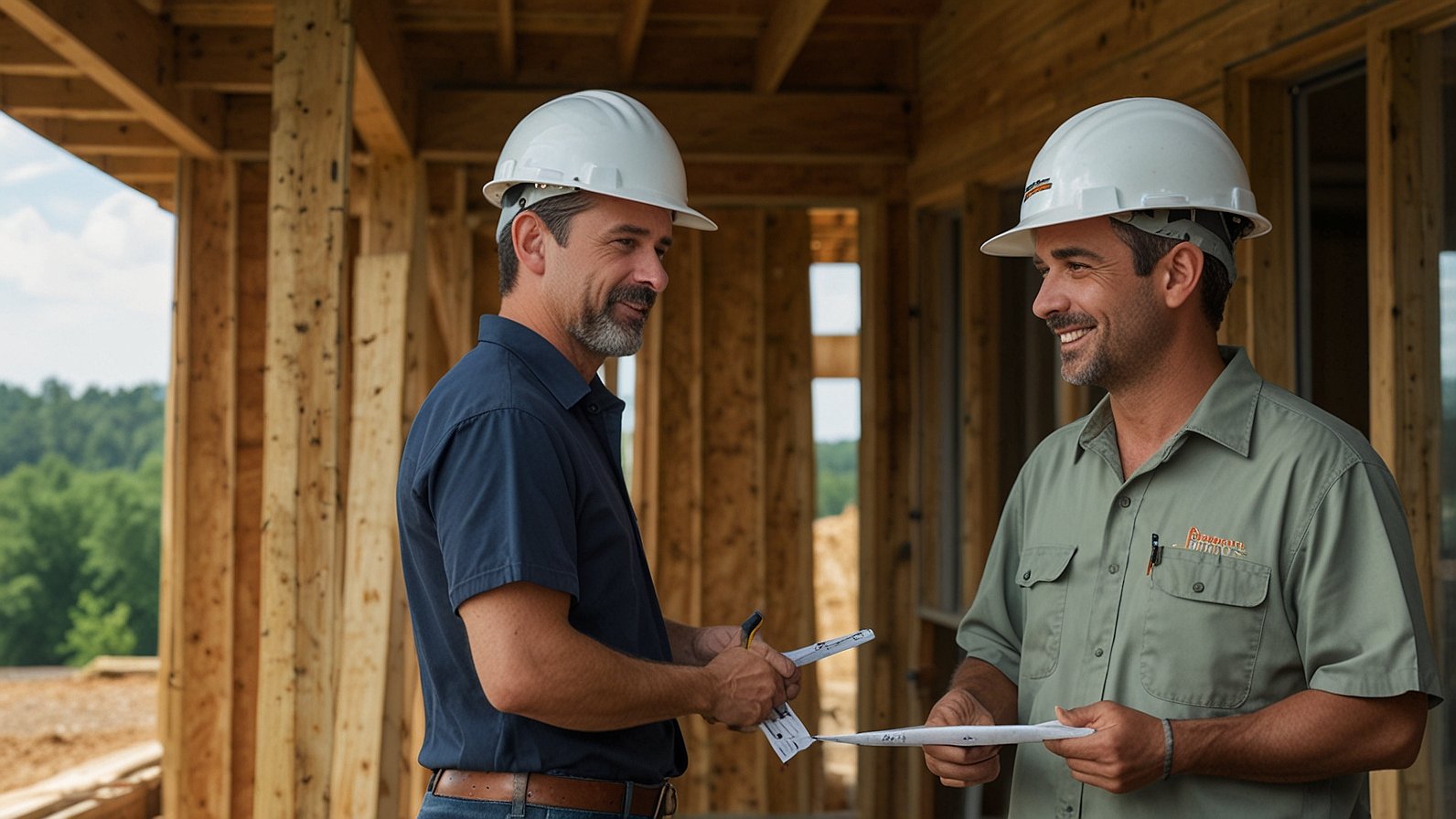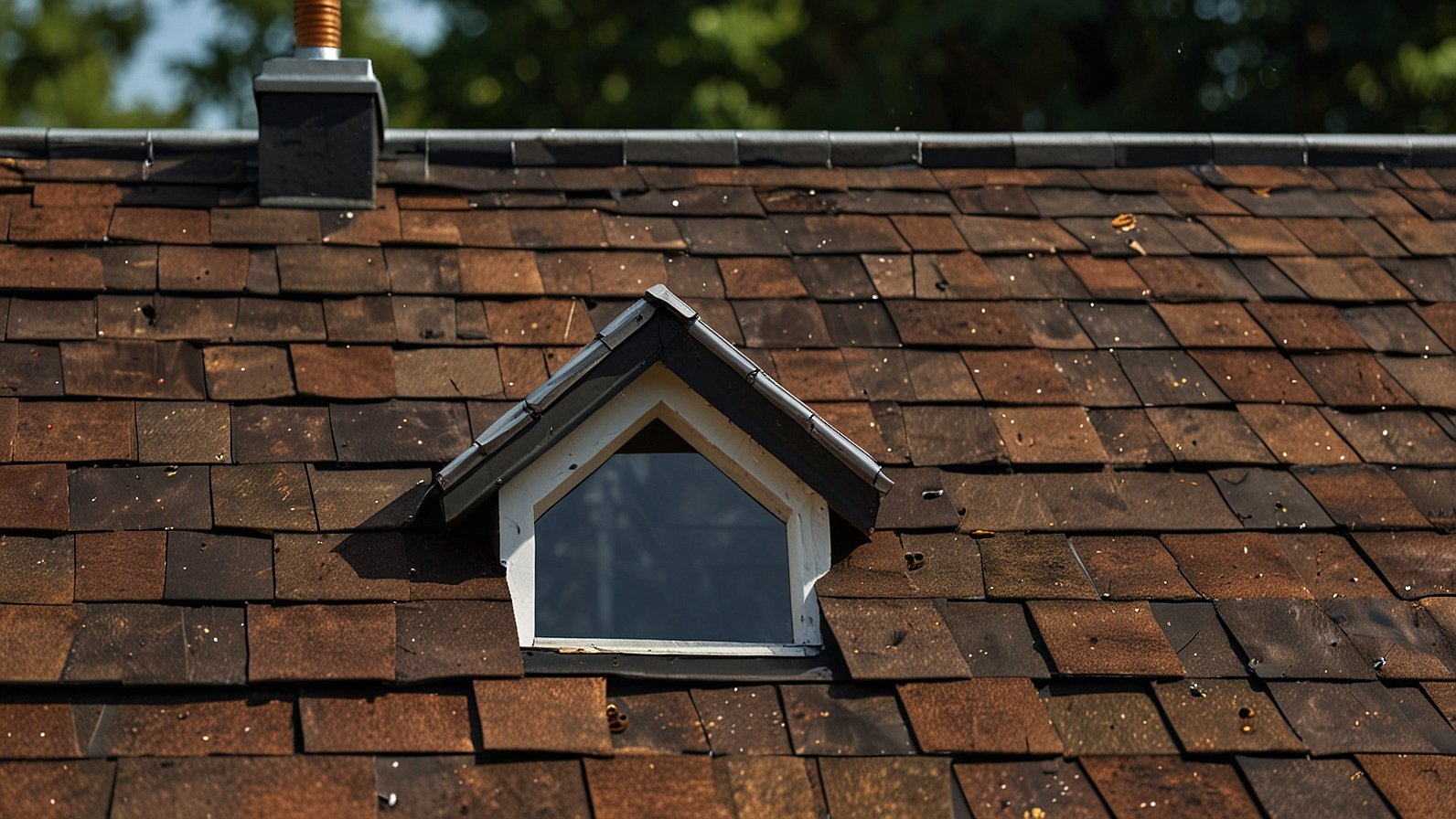Starting a home upgrade project can feel overwhelming. Between choosing materials, finding contractors, and managing budgets, homeowners often jump in without proper preparation. This guide covers essential considerations to help you plan successfully and avoid common pitfalls that could derail your renovation dreams.
Set a Realistic Budget
Most home upgrades cost more than initially expected. Industry experts recommend adding 10-20% to your estimated budget for unexpected expenses. This buffer helps cover surprise issues like outdated wiring, plumbing problems, or structural repairs that only surface once work begins.
Create a detailed breakdown of all potential costs:
- Materials and supplies
- Labor and contractor fees
- Permits and inspections
- Temporary living arrangements (if needed)
- Storage for furniture and belongings
Track every expense throughout the project. Small purchases add up quickly, and staying organized prevents budget overruns.
Research Local Regulations and Permits
Different municipalities have varying requirements for home improvements. Some projects require permits, while others don’t. Understanding these rules before starting saves time and prevents legal complications.
Common projects requiring permits include:
- Electrical work beyond simple fixture replacements
- Plumbing modifications
- Structural changes
- Major exterior renovations
Contact your local building department early in the planning process. They can clarify which permits you need and explain the application timeline. For example, if you’re considering deck installation in Richmond, check specific local codes regarding setbacks, height restrictions, and material requirements.
Choose the Right Contractor
Finding reliable contractors makes or breaks your renovation experience. Don’t rush this decision. Take time to research and interview multiple candidates.
Questions to Ask Potential Contractors
- How long have you been in business?
- Can you provide recent customer references?
- What insurance coverage do you carry?
- How do you handle project delays or complications?
- What’s your payment schedule?
Always verify licensing and insurance before signing contracts. A reputable contractor won’t hesitate to provide this information.
Red Flags to Avoid
- Door-to-door solicitation
- Requests for full payment upfront
- Verbal agreements without written contracts
- Prices significantly lower than other quotes
- Lack of proper licensing or insurance
Plan for Disruption
Home upgrades disrupt daily routines more than most people anticipate. Prepare your household for noise, dust, limited access to certain areas, and strangers working in your space.
Minimize Inconvenience
- Create temporary storage solutions for displaced items
- Establish alternative cooking arrangements during kitchen renovations
- Plan activities away from work areas
- Communicate timeline expectations with family members
If renovations affect essential areas like kitchens or bathrooms, consider temporary alternatives. Stay with family, book extended hotel stays, or rent temporary facilities if needed.
Select Quality Materials
Material choices significantly impact both project costs and long-term satisfaction. While budget constraints matter, extremely cheap materials often create problems later.
Research different options thoroughly:
- Compare durability ratings
- Read customer reviews
- Consider maintenance requirements
- Factor in warranty coverage
Higher-quality materials typically offer better warranties and last longer, providing better value over time despite higher upfront costs.
Establish Clear Communication
Miscommunication causes many project disputes. Establish clear expectations with your contractor from the beginning.
Document Everything
- Put all agreements in writing
- Take photos before work begins
- Keep detailed records of conversations
- Save all receipts and invoices
Regular check-ins help catch issues early. Schedule weekly progress meetings to discuss completed work, upcoming tasks, and any concerns.
Consider Seasonal Timing
Project timing affects both cost and convenience. Contractors often charge premium rates during peak seasons. Weather can also impact outdoor work and material delivery.
Optimal Timing Considerations
- Spring and fall typically offer better weather for outdoor projects
- Winter rates may be lower but weather can cause delays
- Summer demand drives up contractor availability and pricing
- Plan around personal schedules and major life events
Prepare for the Unexpected
Even well-planned projects encounter surprises. Older homes especially hide issues like outdated electrical systems, hidden water damage, or structural problems.
Budget extra time and money for these discoveries. Addressing underlying problems properly prevents future headaches, even if it increases current costs.
Making Your Home Upgrade Dreams Reality
Successful home upgrades require careful planning, realistic expectations, and patience. Start with thorough research, establish clear budgets, and choose qualified professionals. Document everything, prepare for disruptions, and maintain flexibility when unexpected issues arise.
Remember that quality improvements add long-term value to your home and living experience. Take time to make informed decisions rather than rushing through important choices. With proper preparation and realistic expectations, your home upgrade project can transform your space exactly as envisioned. Start planning today, but don’t start working until you’ve addressed each consideration outlined above. Your future.
YOU MAY ALSO LIKE: Design Trends That Make Your Home Feel Bigger and Brighter










